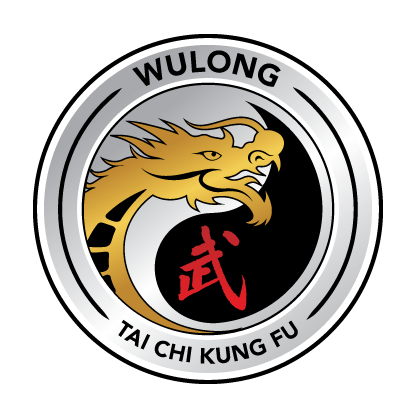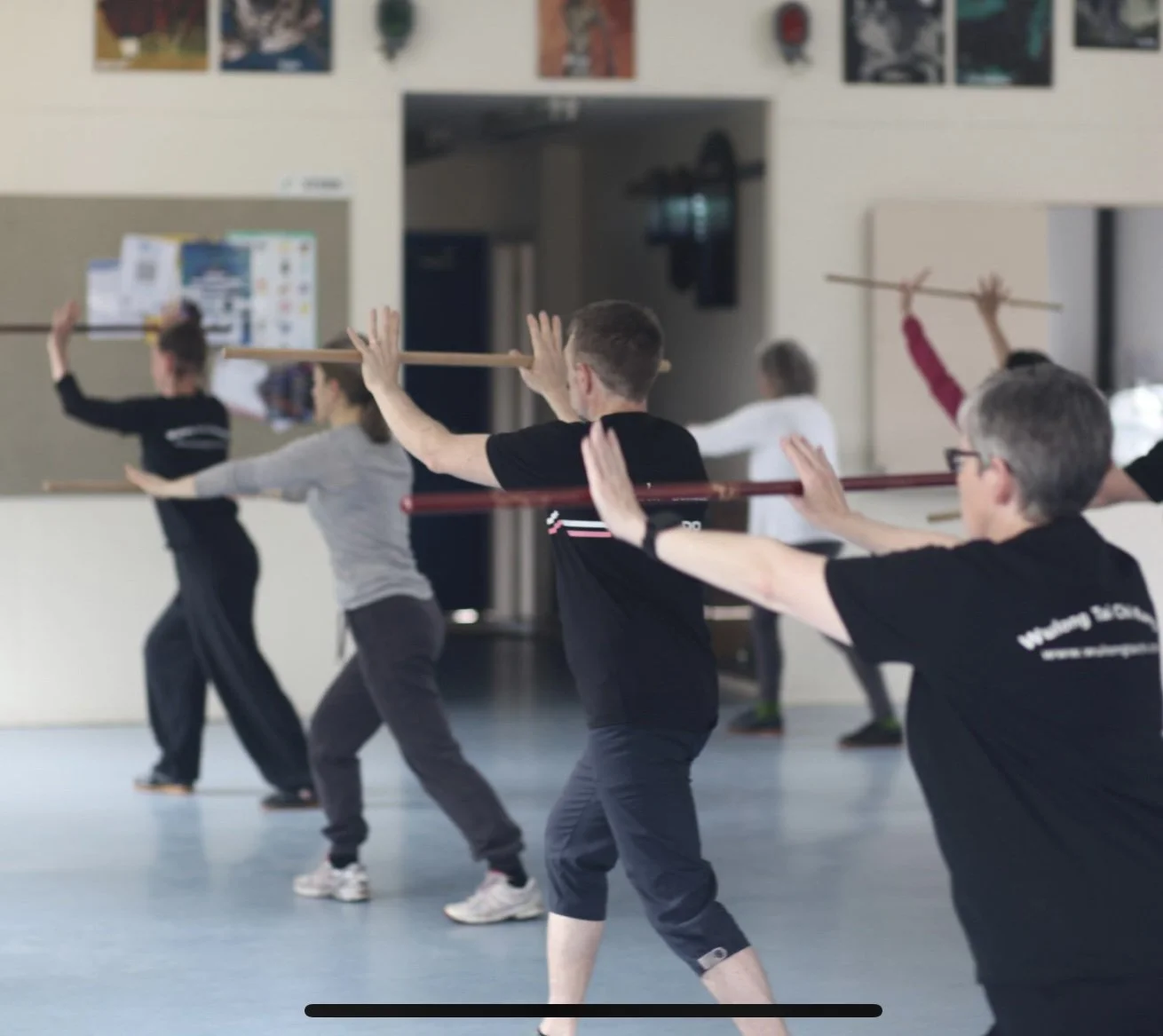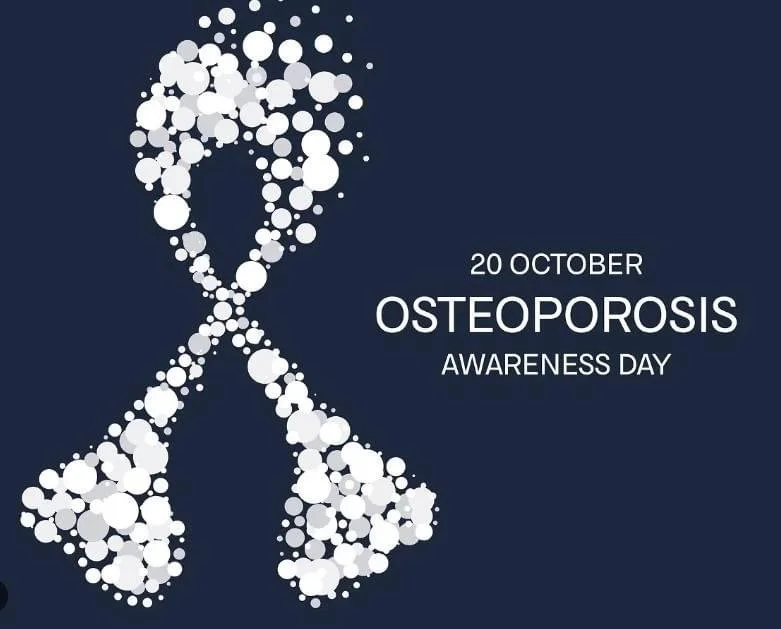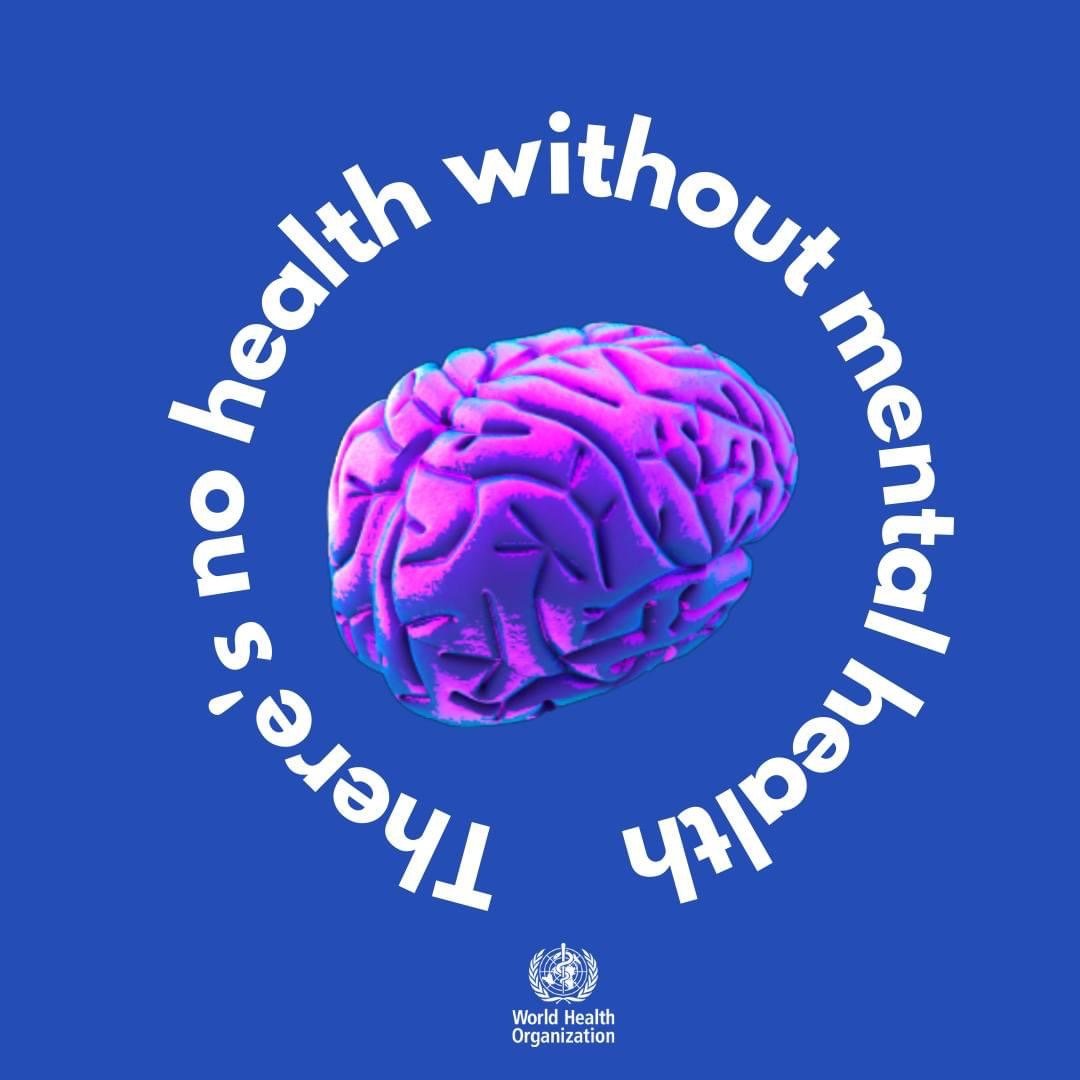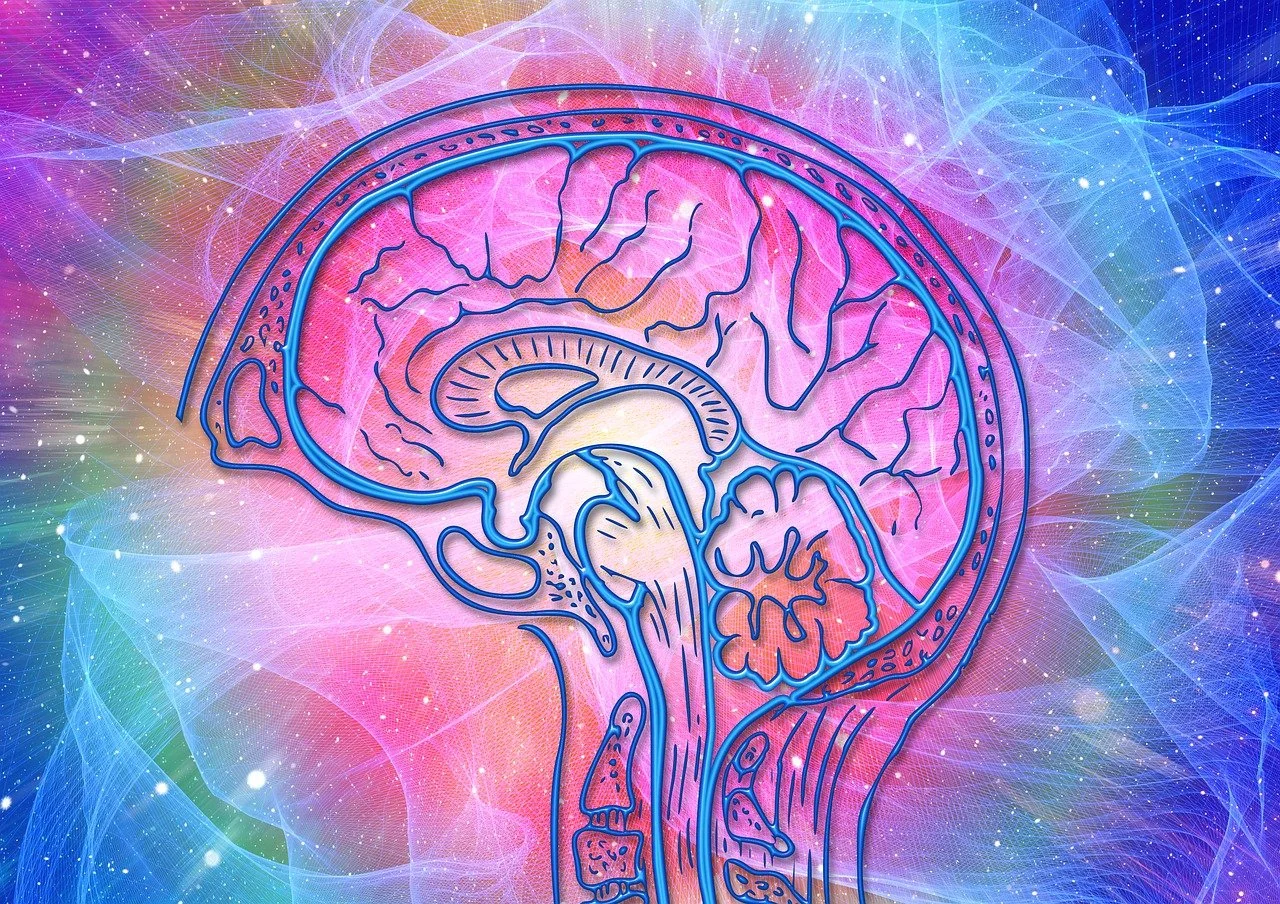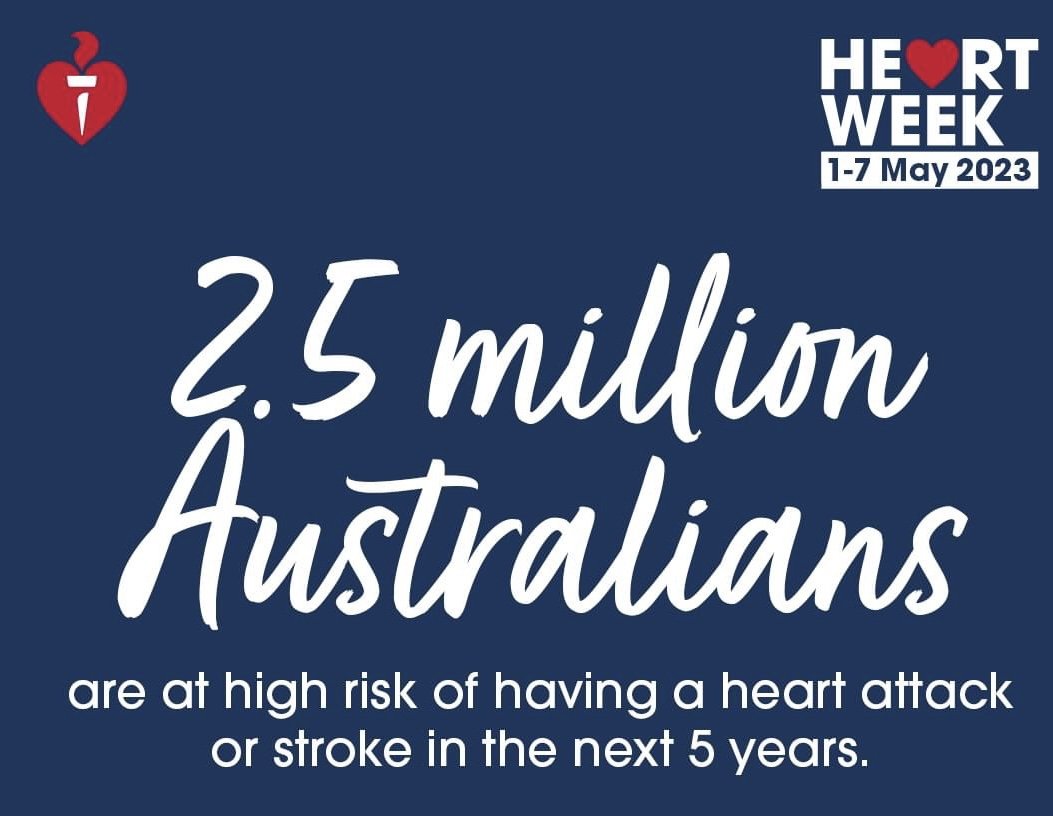TAI CHi Benefits
Tai Chi and Qigong offer profound benefits for Wulong students, from reducing stress and burnout to enhancing resilience and emotional balance.
The science is clear! Tai Chi is more than just a beautiful movement art; it is a profound, evidence-based health intervention. Tai Chi is a highly recommended practice.
Tai Chi improves cognitive function and reduces stress. Participants showed benefits in strength, agility, flexibility, and improved functional capacity.
Tai Chi and Qigong have been recognised for their physical and psychological benefits, particularly for patients with KOA.
Tai chi and qigong significantly alleviate anxiety and depression in older adults.
Tai chi and health qigongs - Baduanjin, and Yijingjin - improve academic performance, executive functions, and left-right connectivity.
Tai Chi and Qigong were shown to be a beneficial and cost effective practice for supporting breast cancer survivors’ health.
Tai Chi and Qigong were shown to be beneficial for mental health, especially during stressful times like the pandemic.
Tai Chi walking offers significant benefits for practitioners, especially older adults, by enhancing balance, stability, and dynamic control.
This latest research demonstrates that Tai Chi practice has a significantly positive effect on self-esteem, an outcome that is related to psychological well-being.
Tai Chi, Baduanjin and Yijinjing were confirmed to improve the symptoms of pain, stiffness and dysfunction in knee osteoarthritis patients, and all of them are more effective than usual care or conventional exercise.
Research finds taichi chi practice increases alpha band brain waves resulting in a state of deep relaxation and mental clarity, which is reflective of the overall sense of well-being experienced by Wulong tai chi practitioners.
Tai chi can help diabetes patients in disease control, life independence and balance ability.
Tai Chi and Qigong are ancient Chinese practices that can be beneficial for pain management.
A long-term benefit of taichi is strengthening cognitive function.
Research confirms that long-term tai chi training is associated with better physical function in older adults.
A recent study published by Frontiers compared the effects of tai chi and conventional exercise on functional mobility and balance.
Latest clinical trial results from 2 tertiary public hospitals in China has found that tai chi provides greater improvements than other aerobic exercise.
Chinese traditional fitness exercises (taichi and qigong) have significant advantages in preventing and treating osteoporosis.
This study shows that taichi has a positive effect on depression and anxiety.
Taichi is an effective, enjoyable, and inexpensive form of exercise intervention for supporting and maintaining physical and mental health.
Taichi and Qigong are beneficial for the medical management of musculoskeletal disorders such as neck pain, low back pain, knee osteoarthritis, rheumatoid arthritis and fibromyalgia plus others.
A long-term benefit of taichi is strengthening cognitive function.
Taichi can benefit end-stage renal disease patients. Regular Taichi exercise, could modestly improve their quality of life, cardiovascular functions, and exercise capability.
Studies have found that among people with heart problems, practicing taichi improved hypertension, quality of life and lowered stress, anxiety, and depression.
Taichi is associated with significant improvements in asthma symptoms, lung function, and quality of life compared to conventional medical treatments alone.
Stroke survivors often experience impaired mobility and physical functions. Taichi and Qigong have been shown to have physical and psychological benefits for stroke patients.
Ba Fa Wu Bu can effectively alleviate negative emotions of anxiety and depression among university students.
